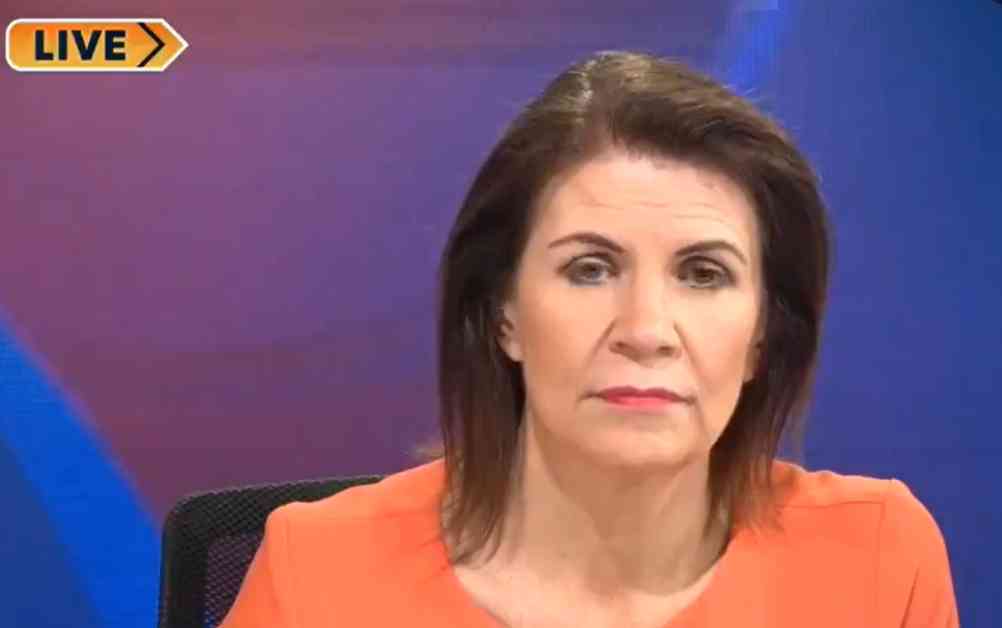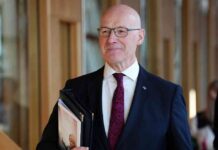Julia Hartley-Brewer’s Contentious Interview Tops Ofcom Complaints Charts
Julia Hartley-Brewer, a prominent media personality, found herself embroiled in a storm of controversy following a fiery exchange with Palestinian politician Mustafa Barghouti on her TalkTV show. According to media watchdog Ofcom, this intense interaction became the most complained-about TV event of the year, sparking a flurry of 17,366 complaints from viewers.
The Incident: A Closer Look
During the interview that took place on January 3, Hartley-Brewer and Dr. Barghouti delved into the sensitive topic of Israel’s assault on Gaza, triggered by the death of Hamas official Saleh Arouri. The tension between the two escalated as Hartley-Brewer accused Dr. Barghouti of hindering her ability to express her thoughts fully, leading to a heated back-and-forth exchange.
Social Media Backlash
Following the interview, Dr. Barghouti took to social media to denounce Hartley-Brewer’s behavior, labeling her as “racist” and “unprofessional.” Award-winning journalist Hala Jaber echoed these sentiments, describing Hartley-Brewer’s conduct as a “disgrace.”
Ofcom’s Verdict
In response to the overwhelming number of complaints, Ofcom intervened, instructing TalkTV to exercise caution in broadcasting content that could potentially cause offense. This reprimand highlighted the necessity for media outlets to justify contentious remarks within an editorial framework.
Comparative Analysis
The magnitude of complaints generated by Hartley-Brewer’s interview surpassed other notable incidents from the past year. Laurence Fox’s derogatory remarks about journalist Ava Evans and an intense debate on Good Morning Britain both paled in comparison to the outcry triggered by Hartley-Brewer’s interview.
In a year marked by a myriad of contentious TV moments, Hartley-Brewer’s interview emerged as a focal point, shedding light on the importance of responsible journalism and respectful discourse in the media landscape.
As viewers grapple with the aftermath of this incident, one cannot help but ponder the broader implications of such confrontations on public discourse and media ethics. The clash between personal beliefs and professional responsibilities underscores the need for media personalities to navigate contentious topics with empathy and integrity, fostering constructive dialogue rather than discord. In a society fraught with polarizing narratives, the role of the media in shaping public opinion and fostering understanding becomes all the more critical.












